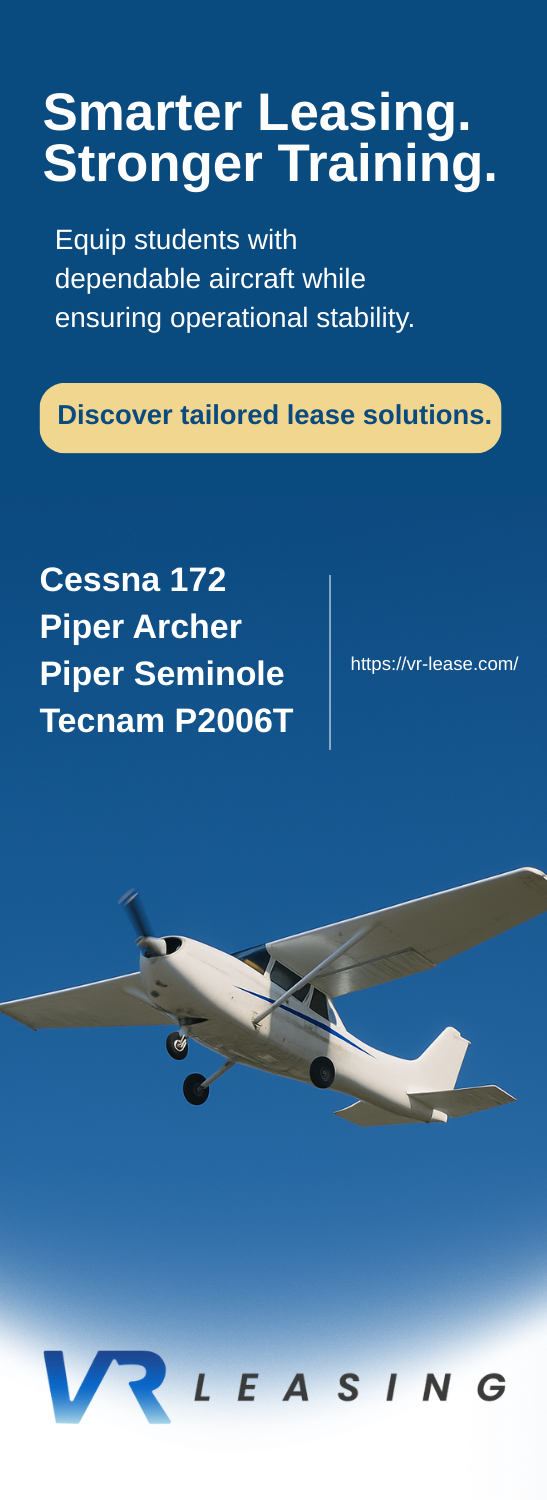The Urgent Need to Address the Pilot Shortage in Corporate Aviation
“Corporate aviation is facing a major challenge in recent years – the shortage of qualified, experienced pilots. According to the National Business Aviation Association, over 15,000 pilots are expected to retire between 2021 and 2031, leaving a massive gap that needs to be filled. This issue is compounded by the fact that the number of pilots being produced annually is not enough to keep up with the increasing demand. The FAA reported that only 4,400 pilots received ATP certification in 2019, which is significantly lower than the 6,100 pilots needed by US airlines that same year. Additionally, the number of pilots holding ATP certificates has remained stagnant at around 160,000 since 2015, despite the increased demand.
This shortage of pilots is not just an issue for airlines, but for the corporate aviation sector as well. The same report by Boeing that predicted the global need for 804,000 pilots between 2020 and 2040 also noted that the demand for corporate pilots is expected to grow by 5% annually. The shortage of pilots has already had a significant impact on the industry. Companies are struggling to attract and retain talent, as pilots are choosing to go to airlines for better quality of life, pay, and schedule. This disparity in pay and benefits, coupled with the shortage of pilots, has made it challenging for corporate aviation departments to retain experienced pilots.
The trend of new pilots choosing to go to airlines as soon as possible after qualifying is making it difficult for corporate aviation departments to compete for talent. Many corporate aviation departments invest in initial training schools only to have their pilots switch employers for better pay and schedules. Additionally, the cost of paying for training to fill pilot vacancies can be a significant financial burden for companies.
The shortage of pilots in corporate aviation has far-reaching implications, including safety and regulatory concerns. The shortage of pilots also means that experienced pilots are leaving the industry, leaving companies with a dwindling pool of talent to draw from. This, in turn, can lead to lower quality of service, higher costs, and increased risk to passengers.
In conclusion, the pilot shortage in corporate aviation is a significant challenge that requires immediate attention. Companies must adapt to the changing industry to remain competitive and retain talent. This can include offering better pay, flexible schedules, and improved working conditions. The long-term solution lies in investing in pilot training programs to ensure a steady supply of qualified pilots in the future. As the industry continues to evolve, it is imperative that we address the pilot shortage to ensure the safety and success of corporate aviation.”
Source: Rodney Gervais
You may also check our Terms and Conditions for our Content Policy.
You may also check our Terms and Conditions for our Content Policy.
Searching for specific information – kindly contact us to see if we can assist you.
Check out the more than 18054 relevant pilot training industry updates here.




